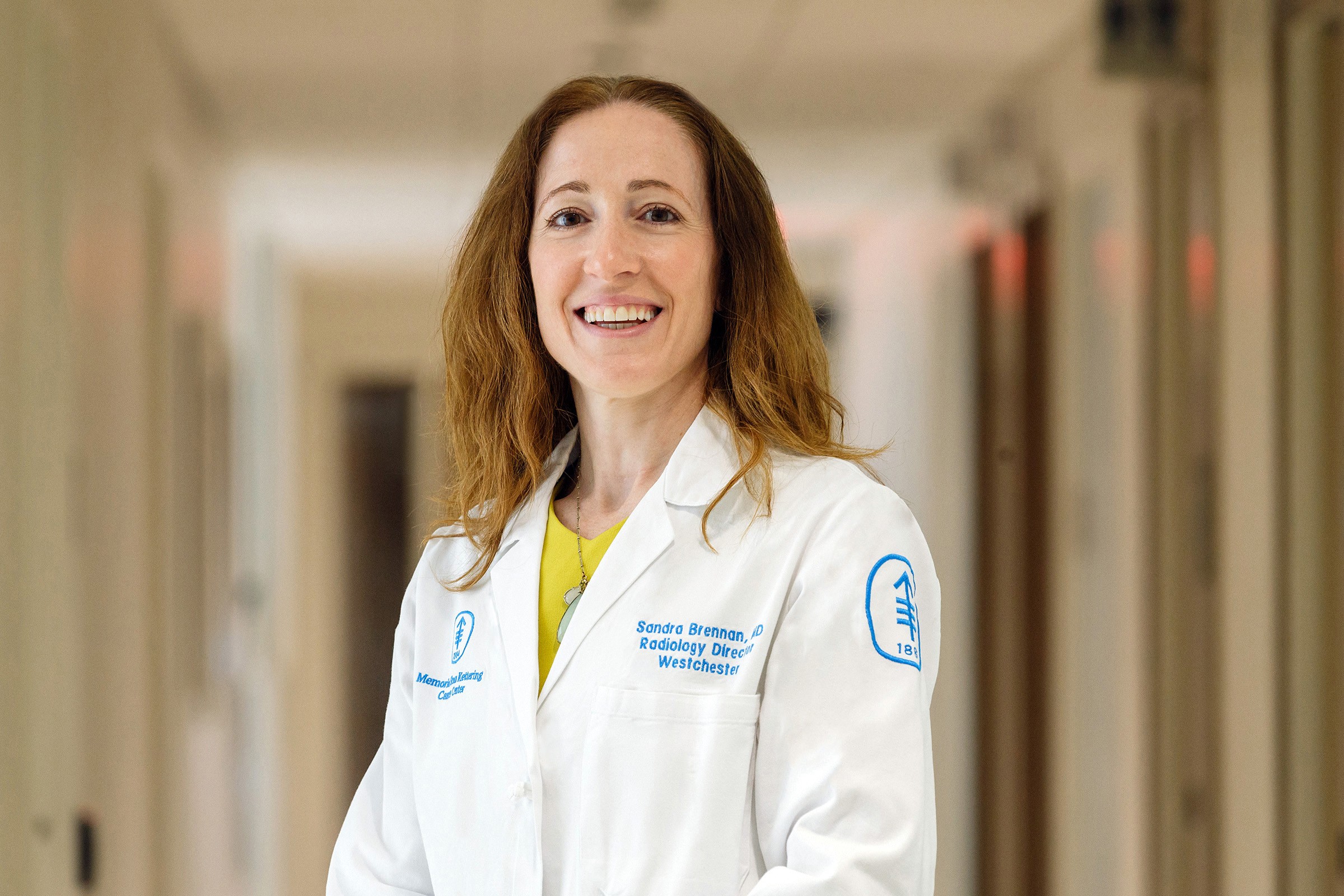 In honor of International Open Access Week, we will be featuring five open access publications by MSK authors and will showcase one each day (Monday to Friday) as a Today’s Science Sparks on the library website. You can also browse the Today’s Science Sparks’ archives to find other open access articles.
In honor of International Open Access Week, we will be featuring five open access publications by MSK authors and will showcase one each day (Monday to Friday) as a Today’s Science Sparks on the library website. You can also browse the Today’s Science Sparks’ archives to find other open access articles.
International Open Access Week provides us with an opportunity to pause and take a moment to reflect on what open access really means for authors, readers, librarians, and others interested in pursuing knowledge. This year’s theme will be “Open for Whom? Equity in Open Knowledge” and you can read more here on why this theme was selected by the 2019 Open Access Week Advisory Committee.
If you are curious about other open access resources, please feel free to check out the recently revised Open Access LibGuide. This subject-specific guide contains information about Predatory Publishing, Preprints, and Info for MSK Authors.
Finally, if you wish to further embrace the open access week experience, you can participate by following the conversation on Twitter during open access week — #OAWeek.
Donna Gibson
Director of Library Services
